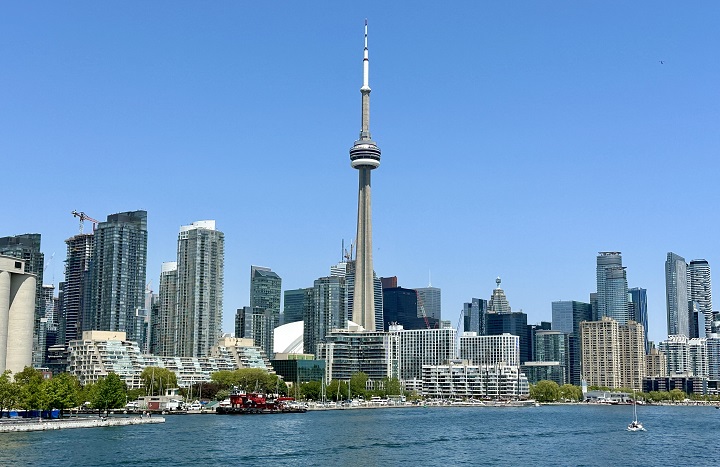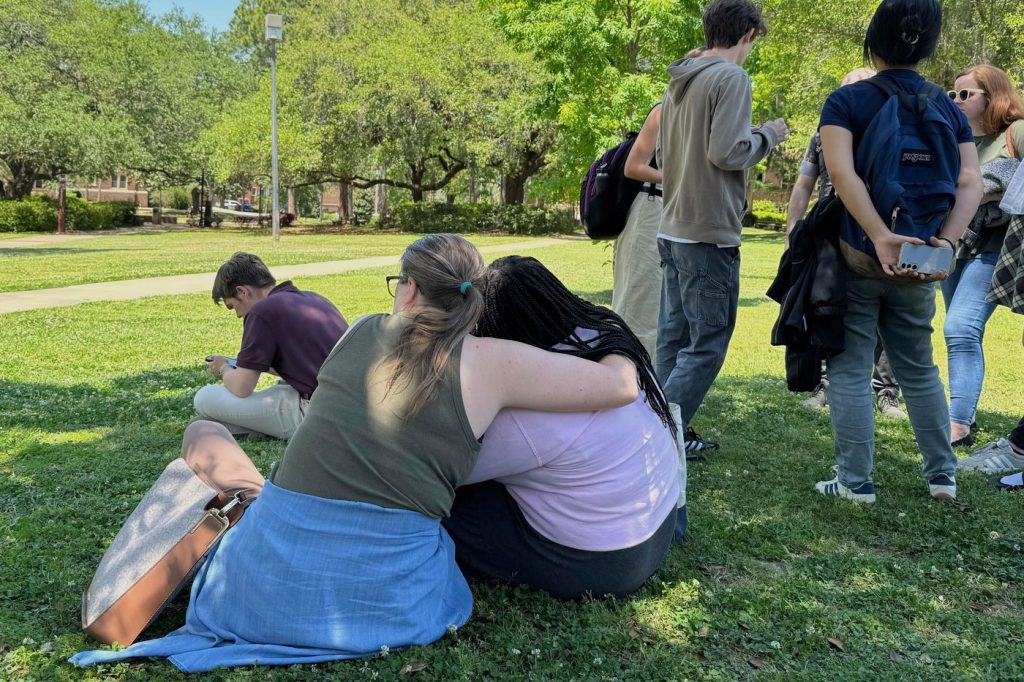Rebel News wins court challenge, will cover federal debates

Posted September 8, 2021 12:49 pm.
Last Updated September 8, 2021 1:17 pm.
A Federal Court judge ordered the Leaders’ Debates Commission to permit reporters from Rebel News Network to fully cover this week’s two official televised leaders’ debates.
The ruling means reporters from Rebel News Network will be accredited to cover Wednesday’s French-language and Thursday’s English-language contest between the major party leaders.
The ruling came after Rebel News Network was granted an emergency hearing Tuesday after the commission denied 11 of its journalists the credentials needed to cover the event and ask post-debate questions of the leaders.
Justice Elizabeth Heneghan issued the written order on Wednesday after presiding over two and a half hours of oral arguments on Tuesday from lawyers representing Rebel Media and the commission and reviewing thousands of pages of court documents.
RELATED: Protestors throw gravel at Trudeau, news media members at Ontario campaign stop
Heneghan wrote that Rebel Media “has satisfied the test for an interlocutory mandatory injunction.”
In her one-page order, Heneghan wrote that the commission “is to grant Rebel News Network Ltd. the media accreditation required to permit 1 journalist to participate in person and 10 journalists to participate virtually.”
The commission initially denied the Rebel News accreditation request, saying the organization violated its conflict-of-interest rules because it is actively involved in campaigns related to the stories it covers.
Rebel News said that the commission was capricious, unfair, unlawful and arbitrary in denying its journalists the right to fully cover the debate.
While the debate broadcast can be watched by anyone, journalists require accreditation so they can question the leaders afterward.
Rebel, the commission and the federal attorney general filed thousands of pages of court documents between them after the commission issued its rejection just before the start of the Labour Day long weekend.
Rebel and another organization were initially denied accreditation in the 2019 leaders’ debates, but they won access after turning to the court.
The commission said in court documents that in 2019, it did not “publicly publish” the criteria for determining accreditation for media organizations.
In 2021, it updated its media accreditation criteria to explain its rationale behind what it considered “high journalistic standards,” the commission said.
Ezra Levant, Rebel’s founder, said in a 460-page affidavit filed with the court that the commission was unfairly targeting his organization.
He said the commission’s decision to exclude Rebel Media from this week’s debates was “deeply suspect – both in substance, purpose, and intent – is contradictory, capricious, and is tainted by logical contradictions, ethical irregularities, circular reasoning, and irrationality.”








